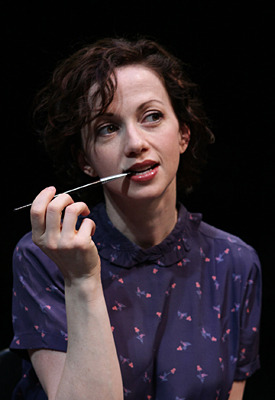General News: I added some links in the sidebar regarding Chicago Style footnote citations. And/or – you should own Diana Hacker, A Writer’s Reference (it is available in the bookstore; I highly recommend owning it throughout your four years here) which has a whole section on Chicago Style citation. I will also demo Chicago Style in class.
Monday 1/28: We discussed the remainder of Porter’s book Blood and Guts (good discussion, everyone!) and selected books from this list you got in class today. If anyone hasn’t yet chosen a book, please email me ASAP with your choice. The ones already taken are:
Bown, Scurvy
Bristow, American Pandemic
Brown, The Pox
Cooter, In the Name of the Child
Crosby, The American Plague
Derickson, Black Lung
Gosling, Before Freud
Halliday, The Great Filth
Healy, Mania
Jones, Death in a Small Package
Oshinsky, Polio
Parascandola, Sex, Sin & Science
Pettit, A Cruel Wind
Reverby, Examining Tuskegee
Roe, A Plague of Corn
Swedlund, Shadows in the Valley
Warren, Brush With Death
Wolf, Deliver Me from Pain
Begin the process of borrowing and reading your chosen book, either from our WSU library, a local public library, or via inter-library loan request.
Wed 1/30: Please read (and bring) Rutkow, Seeking the Cure, Chapter 1. Bring a printed 2-3 page (double-spaced) response paper to class that considers one or more of these questions:
- Who were medical experts in colonial America, and what was their training?
- Why was medicine “just another colonial trade”? How does Rutkow’s description compare to Porter’s depiction of pre-twentieth century medical strategies as a “box of blanks” (p. 39)?
- How (and why) did John Morgan hope to transform the country’s medical education system? How successful were his efforts to professionalize medicine in the late 18th century?
- Characterize the field of medicine in colonial times. Can you extrapolate from this chapter what the prevailing theories were about disease in that era (i.e. physiological or ontological as explained in Porter p. 73, or something else entirely)?
- We might dismiss medicine in the colonial era as backward or primitive, but what were the benefits or strengths of colonial medical practices, if any?
 I mentioned “radium girls” in class – here are a couple of links for more information.
I mentioned “radium girls” in class – here are a couple of links for more information.